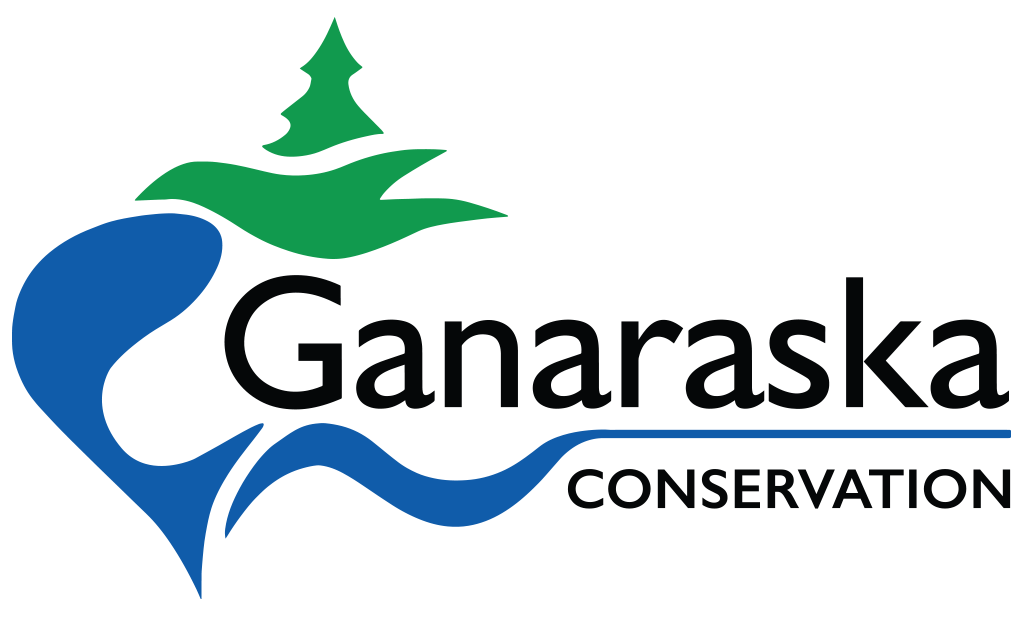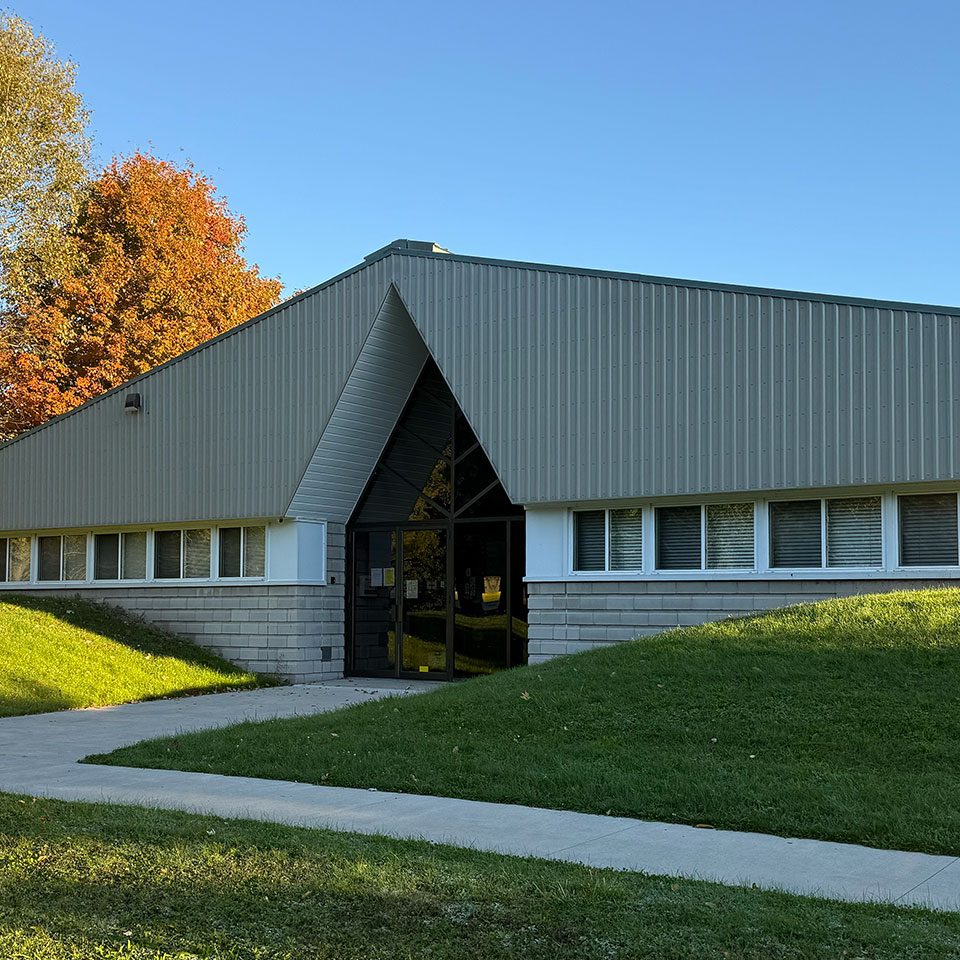Alternative Energy = Green Energy
Join us in our commitment to find alternative forms of energy that help reduce our carbon footprint. Students harness renewable energy by building and testing wind turbines, a micro-hydro turbine, or a solar oven and learn how one form of energy can be transformed into another.
Animal Adaptations
Through the examination of natural artifacts, primary and junior students are introduced to behavioural and structural adaptations. Adaptation-themed games are incorporated into a hike through the beautiful forest. Through role-play and hands-on activities, students learn about the complexity of animals.
Beaver Pond Study
This hands-on program takes place at a natural pond located in the Ganaraska Forest. Students learn how to catch, observe and release invertebrates and amphibians found at the pond. Students explore pond life using provided equipment to discover various species. They learn to identify organisms, discover some of their unique adaptations and how they interact with one another.
Biodiversity
After learning the Biodiversity basics through an interactive PowerPoint presentation, students head outside for an exciting habitat game teaching about habitat loss. Then the students will have a brief introduction to invasive species before playing the “Garlic Mustard Invasion” game.
Bug-Eyed
Students learn parts of an insect by participating in role-playing activities. Students explore characteristics of different bugs as well as their place in the ecosystem, their life cycles and adaptations. Hands-on activities allow students to explore the forest and better understand life from a small creature’s unique perspective.
Eco-Action: Changing Attitudes for a Changing Climate
This exciting program examines some of the environmental challenges facing our planet and highlights the importance of learning about and being part of solutions. Following a climate change primer, students head outside where they embark on the “Amazing Race to Save the Planet” game.
Eco-Games
This program focuses on conservation and environmental education through active, role-playing games. Designed for primary students, topics include animal adaptations and the impact of humans on the natural environment.
Green Giants
Learn about the importance of plants and trees for any ecosystem, what plants need in order to survive, how plants and animals rely on each other and the parts of a tree. Students will be involved in several games, hands-on experiments and drama activities to relate to these topics.
Sensory Awareness
This program is designed for primary students who are exploring their five senses. Students build awareness of the natural habitat through activities that utilize and emphasize the senses of smell, touch, taste, sight and hearing.
Soil… It’s Not Just Dirt
This program focuses on the creation of soil, different soil particles, and the creatures that live in the soil. Students should come prepared to get dirty as they explore the soil. Students will complete several fun and hands-on experiments: creating soil with hammers, digging a soil profile, creating a soil conductivity test and so much more.
Survival Game
In this active role-playing game, each student takes on the character of a different wildlife species. It is a high-energy program that is exciting for students in both junior and intermediate grade levels. The transfer of energy, consumer levels, and human impacts on wildlife are explored in this program.

